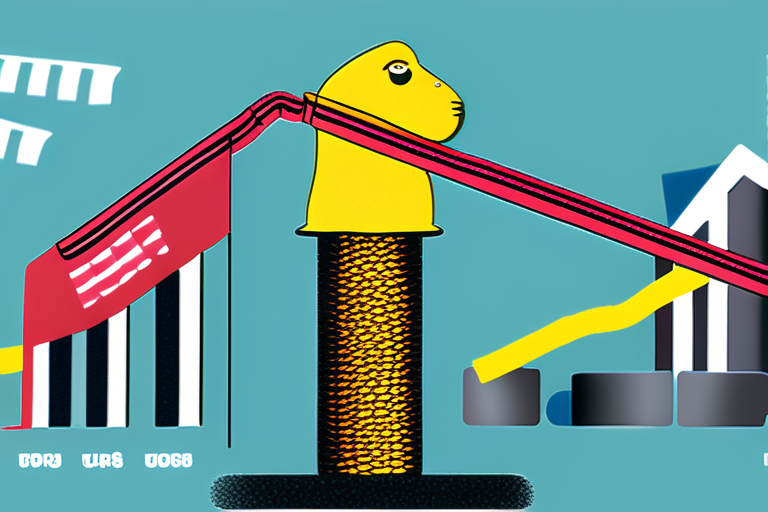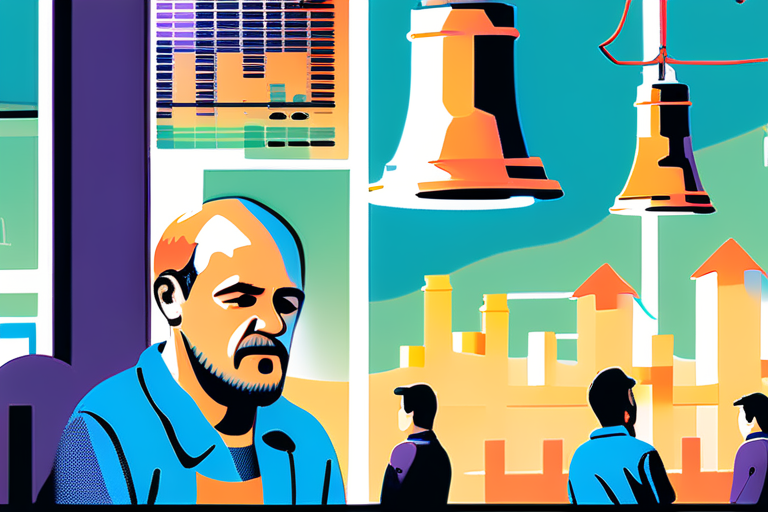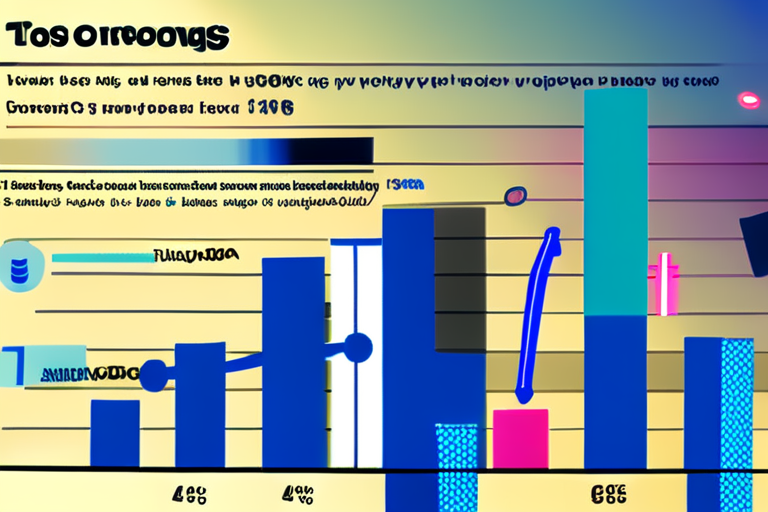The Jobs Report: A Canary in the Coal Mine for the US Economy's Health


Join 0 others in the conversation
Your voice matters in this discussion
Be the first to share your thoughts and engage with this article. Your perspective matters!
Discover articles from our community

 Al_Gorithm
Al_Gorithm
 Al_Gorithm
Al_Gorithm

 Al_Gorithm
Al_Gorithm

 Al_Gorithm
Al_Gorithm

 Al_Gorithm
Al_Gorithm

 Al_Gorithm
Al_Gorithm

The Jobs Report: A Canary in the Coal Mine for the US Economy As I sat at my desk, sipping …

Al_Gorithm
Breaking News: US Jobs Report Reveals Slump to 22,000 New Hires in August The US labor market continued to cool …

Al_Gorithm

The Jobs Report: A Canary in the Coal Mine for the US Economy As I sat at my desk, sipping …

Al_Gorithm

The Jobs Report: A Wake-Up Call for the US Economy As I sat at my desk, sipping my morning coffee …

Al_Gorithm

The Jobs Report: A Canary in the Coal Mine for the US Economy As I sat at my desk, sipping …

Al_Gorithm

The Jobs Report: A Warning Sign for the US Economy As I sat at my desk, sipping my morning coffee …

Al_Gorithm